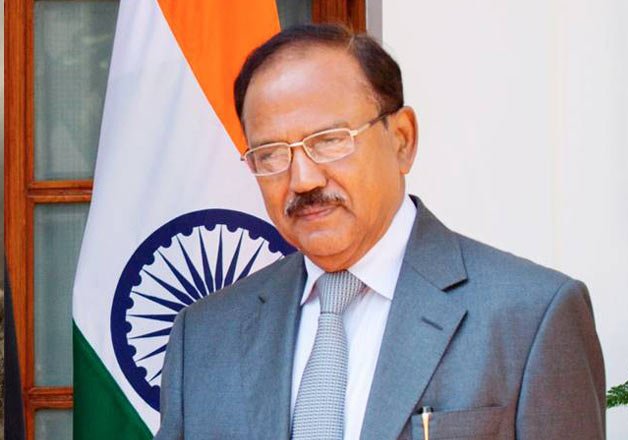
Ajit Doval, India's National Security Adviser.
Ajit Doval, India's National Security Adviser, works closely alongside Prime Minister Narendra Modi. The former Director of Intelligence Bureau has played a pivotal role in several critical security situations the nation has faced from time to time, be it the rooting out of the Mizoram National Front in the 1980s or negotiating with the hijackers of Indian Airlines' flight IC-814 that was hijacked and taken to Kandahar in 1999.
Doval has played an important role in re-shaping the security policy of the country since taking over as the National Security Advisor (NSA). The message he has sent is that it is no more normal to take India for granted.
After recent diplomatic failures in Nepal, some sections of the media and the Opposition have been blaming the 'hawkish' National Security Advisor Ajit Doval. The reality, however, is completely different.
Arguably, it is for the first time that the most powerful, or more aptly, the most able, National Security Advisor has been able to push Pakistan on the back-foot on the talking table. The last decade had seen India conceding a lot to Pakistan without any gain.
One of Prime Minister Narendra Modi's most trusted lieutenants in the security domain, Mr Doval has taken two positive steps on the Kashmir issue.
First, the Modi Government has successfully rooted out the separatist and pro-Pakistan Hurriyat Conference out of the peace process, by stressing that the Pakistanis cannot talk to them as representatives of the Kashmiris, as they are not recognised by the people of the State or the Government of India. The Government has also told the Pakistan administration that, if there is anyone from Kashmir whom they can talk to, it is the elected Chief Minister of the State, Mufti Mohammed Sayeed.
Second, Mr Doval has managed to bring back the issue of Pakistan-occupied Kashmir into the agenda. Earlier, talks between India and Pakistan were limited to the Indian part of Kashmir, and one was discussing the disputed status of the area under Pakistan or India's claims over it. Overall, Mr Modi's last 15 months as the Prime Minister of India and Mr Doval as the NSA have been fruitful for the country.
Mr Doval has been successfully carrying out the charge handed over to him by Mr Modi, and it was one of his doings that, after 18 years, India could operationalise the Naga peace accord.
Looking at Mr Modi's short span of power, Mr Doval, known as a man of operations, was instrumental in shaping his foreign policy, even before the Government started functioning.
The first masterstroke was to invite the heads of states of the South Asian Association for Regional Cooperation for Mr Modi's oath-taking ceremony, for showcasing the strength of a Government which came to power riding on an absolute majority. It also conveyed a message of improving friendship to the neighbours who, so far, had been complaining about India's 'big brother' attitude in the region.
Even the worst critics of Mr Doval will not raise doubts over his capability to handle internal security and counter-terrorism affairs, but there were doubts on whether he would be successful in the foreign policy domain. However, those doubts were cleared once Mr Doval started delivering. He carried out operations to bring back the stranded nurses home from Iraq. He also managed to swing to India's side an unfriendly and too Chinese-friendly establishment in Sri Lanka.
Ensuring commitments from neighbours like Myanmar and Bangladesh, that their territories would not be allowed to be used against India for terrorism, is a feather in his highly decorated cap. Entering Myanmar to crush the terrorists behind the killing of 18 Indian soldiers in Manipur was an important decision India took, as it conveyed a message to the terror groups that India had ceased to be a weak nation and would not take attacks on its sovereignty lightly anymore.
Today, as the most influential National Security Advisor in the last 10 years, Mr Doval is using his experience in counter-terrorism and anti-underworld operations well to fulfil his responsibilities. The hands-on approach of the NSA was on display when he went on ground to get a detailed report in Bardhaman in West Bengal and was keeping an eye on the Line of Control during the ceasefire violations.
In the internal security domain, he has also been credited with bringing the Nagas to the talking table and signing a peace accord with them after a grueling process of ceasefire and ceasefire violations with them in the last 18 years.
The NSA also used a bit of arm-twisting to bring back the Naga factions on the talking table as he gave them the option of either establishing peace with the Government or to face military music from the Centre. What followed is known to the world.
His latest exploit has been nailing Pakistan's lies about the presence of India's most-wanted fugitive Dawood Ibrahim in Karachi, and revelation of Dawood's nine residences across that country.
One of the reasons for the failure of NSA-level talks with Pakistan is that Pakistan was scared of being over-exposed on the issue of its support to terror groups and anti-India elements. As a NSA, 1968-batch IPS officer, Mr Doval is also known to be working towards his unfinished agenda of eliminating the terror network of Dawood and his cronies.
(Published in The Pioneer, Monday, 26 October 2015)
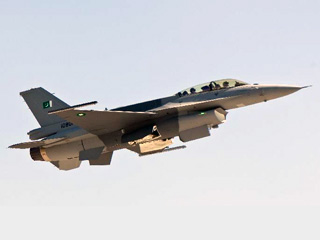 Previous Article
Previous Article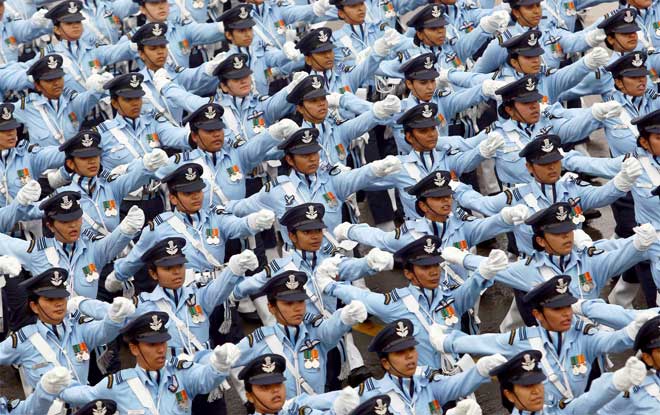 Next Article
Next Article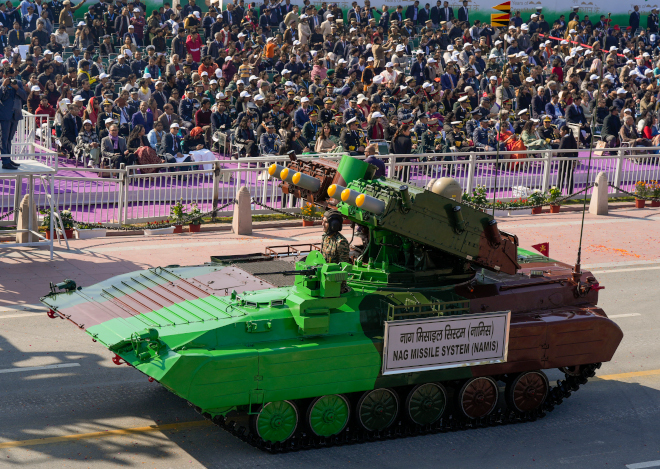
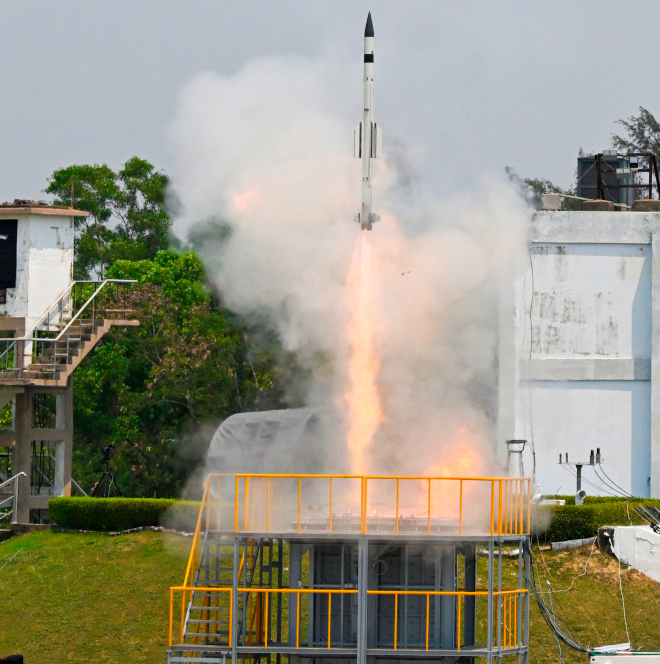
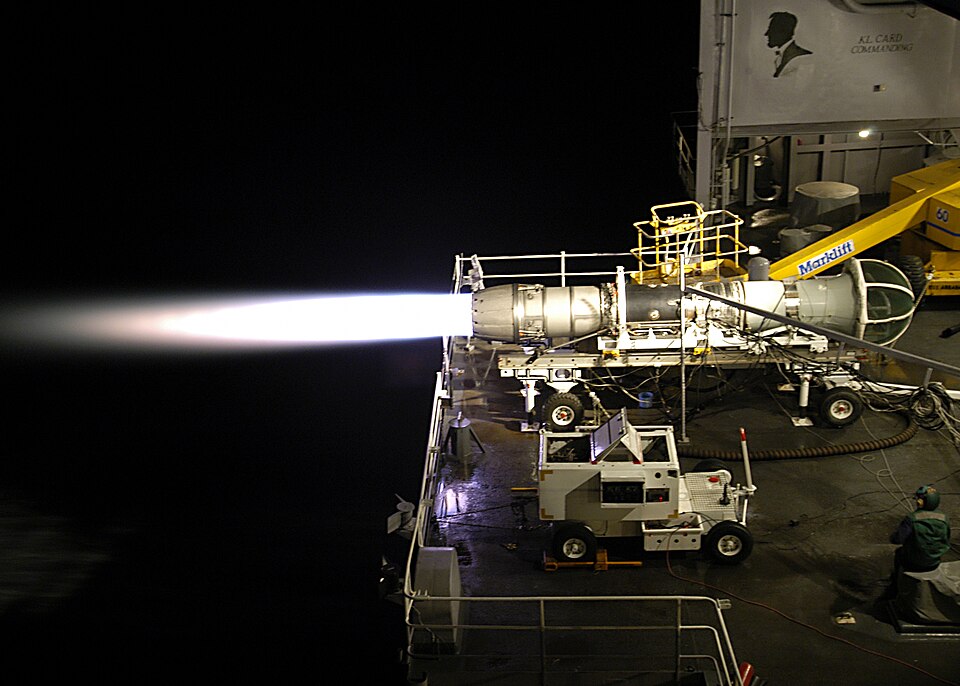
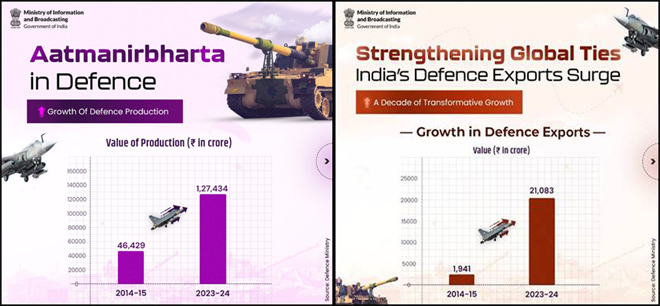










The Indian Air Force, in its flight trials evaluation report submitted before the Defence Ministry l..
view articleAn insight into the Medium Multi-Role Combat Aircraft competition...
view articleSky enthusiasts can now spot the International Space Station (ISS) commanded by Indian-American astr..
view article